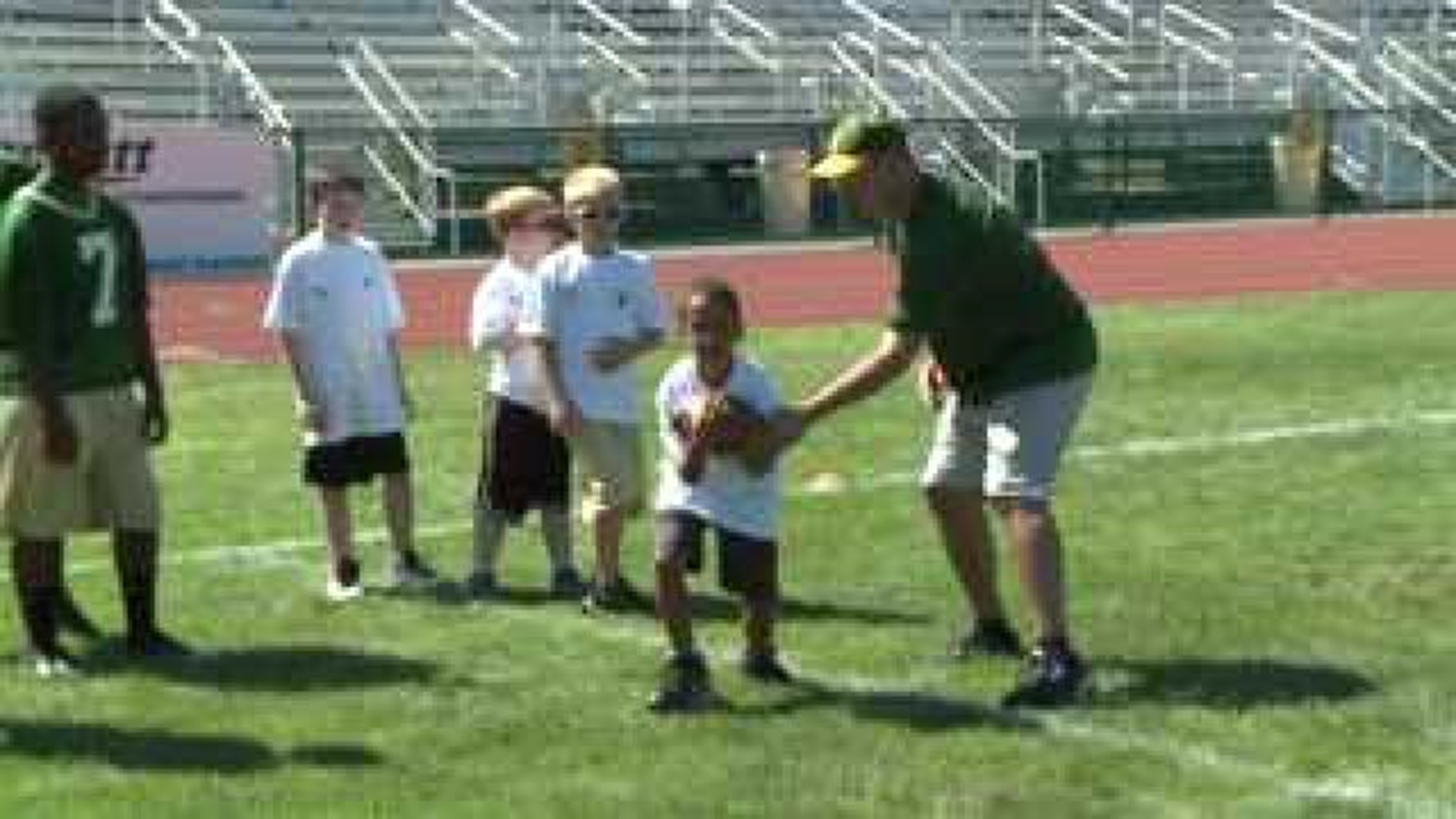A new study done by the University of Pittsburgh touches on concussions during youth football. It was done on eight-to-12 year olds, but doctors say the findings can apply to high schoolers as well.
Researchers studied 468 players from 18 different youth football teams in suburban Pittsburgh and Central Pennsylvania.
We spoke with Dr. Jason Scotti, a sports medicine physician at Geisinger Medical Center's Lake Scranton facility, about the study.
"Concussion is a traumatic brain injury where the brain at the cellular level actually swells," explained Dr. Scotti.
According to the study, players are 26 times more likely to suffer concussion in a game than in a practice. Players 8-12 were about three times less likely to suffer concussions than older players. Also, quarterbacks, running backs and linebackers suffered 95% of all concussions during practices and games.
"The younger the kid, or athlete, the more susceptible for a concussion because the brain is still growing," said Dr. Scotti.
Some signs of a concussion are nausea and vomiting, blurred vision or slurred speech, confusion or lack of concentration, ringing in the ears, and feeling suddenly or overly tired.
Dr. Scotti says ideally coaches, trainers and parents need to be looking out for the symptoms.
"You can't really count on players. At a lower age they won't know what a concussion is, and at a higher age nobody wants to come out," he said.
The effects of a concussion can last three to seven days, depending on how hard a hit. But it could be a week to 10 days before a student athlete is ready to get back into the game.

